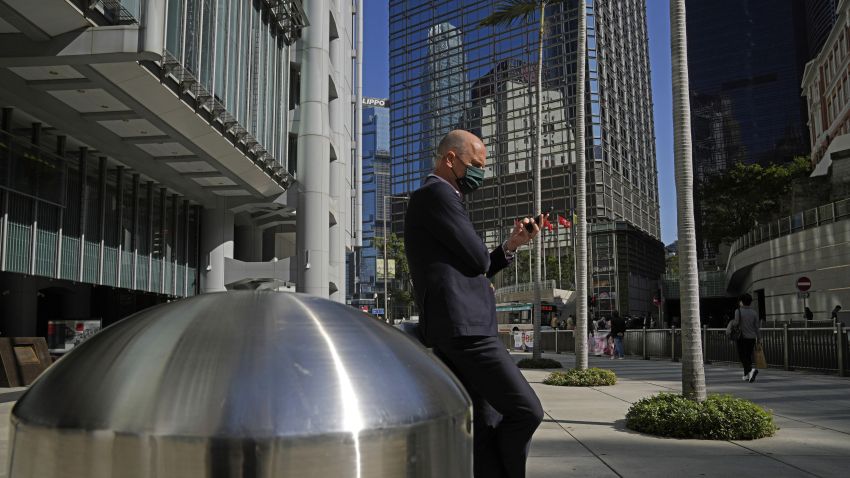With departures from China’s international airports in 2021 totaling a mere 2 percent of their 2019 levels, the country’s border restrictions appear to be a persistent part of Beijing’s “Zero-COVID” approach. Given the degree to which Western expatriates in China have shaped perceptions of the country, to the point of sometimes overshadowing the country itself, they have now become a stand-in for an important litmus test: If China is no longer open to them, what does that portend for engagement between China and the West moving forward?
The nostalgic expatriate yearning for the “better days” is a familiar trope in writing about life in China. The narrator may be a rich banker with decades of experience working and living in Hong Kong, or a freshly graduated English language teacher struggling to climb the professional ladder. For professionals accustomed to a standard of material luxury, the quality of life in China depends considerably on what they’re able to buy—and whether the trains run on time. The elegiac musings of writers like the Financial Times’ Tabby Kinder, who summed up her experiences in Hong Kong before moving on to another assignment, encapsulate a specific, if overrepresented, segment of expatriates ubiquitous in mainstream international media and other prominent public-facing careers.
Kinder writes, “Life for an expat in Hong Kong has been one of dizzying contradictions … where horror stories about friends of friends separated from their children or trapped in the infamous Penny’s Bay COVID facility are traded over dinner or cocktails four nights a week with the friends you see more than your family.”

